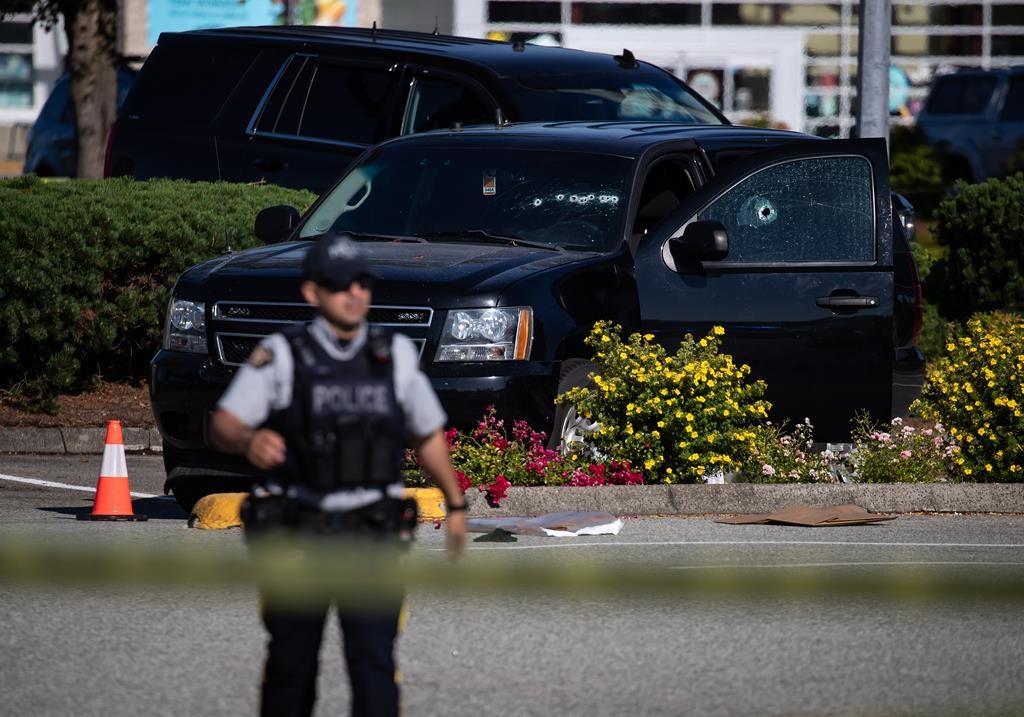A series of deadly shootings that police have said involved “transient victims” in Langley, B.C., started about six hours before RCMP issued a cellphone alert warning the public, by which time the alleged gunman had already been killed.
While police have said they are working to confirm if the victims were homeless, the attack is also drawing calls from advocates to reduce discrimination against the vulnerable population and increase safety.





